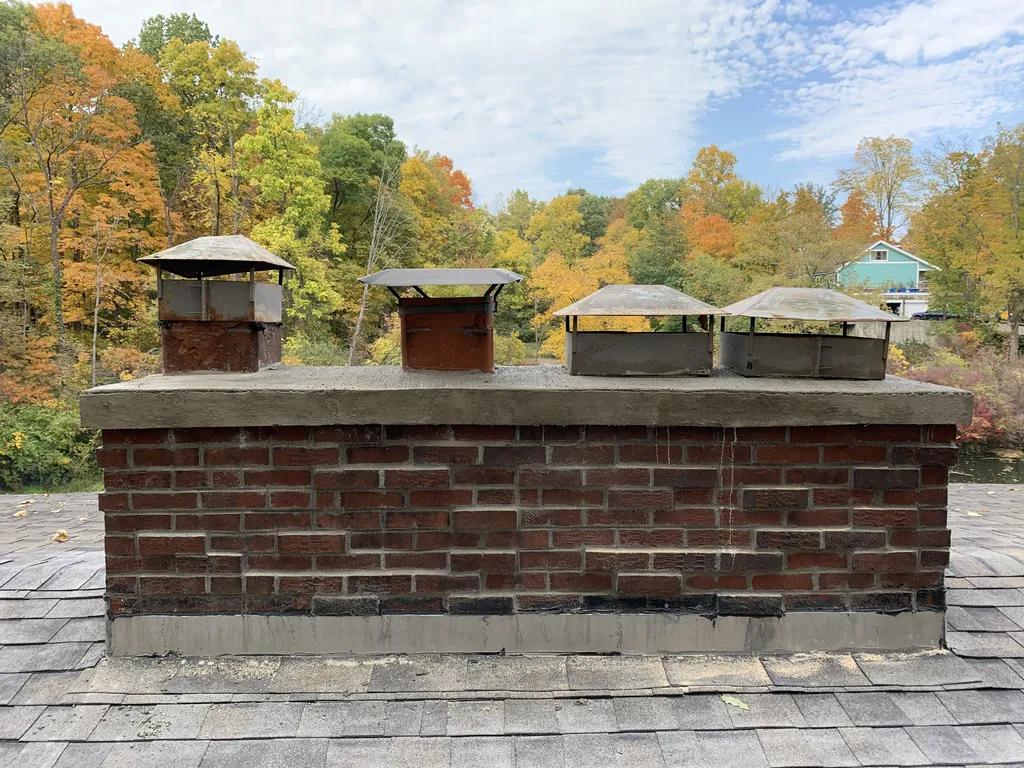Brick hole repair can be a daunting task for many homeowners, but with the right knowledge and techniques, it can be a manageable project. In this article, we will provide essential tips for repairing brick holes, ensuring a smooth and successful restoration process. From identifying the cause of the hole to selecting the appropriate materials, our expert advice will equip you with the tools needed to effectively repair and preserve the integrity of your brickwork.
Table of Contents
- Understanding the Causes of Brick Hole Damage
- Key Tools and Materials Needed for Effective Repair
- Step-by-Step Guide to Properly Fill and Seal Brick Holes
- Tips for Preventing Future Brick Hole Damage
- Q&A
- Final Thoughts

Understanding the Causes of Brick Hole Damage
One common cause of brick hole damage is water infiltration. When water seeps into the brick, it can weaken the structure and lead to holes forming over time. This can be caused by poor drainage, leaks in the roof or gutters, or even excessive moisture in the air. In order to prevent further damage, it’s important to address any water issues surrounding the affected bricks.
Another common cause of brick hole damage is the use of low-quality materials during construction. If the bricks used were not properly cured or were of inferior quality, they may be more prone to developing holes. Additionally, improper installation techniques or lack of proper maintenance can also contribute to brick damage. By using high-quality materials and ensuring proper installation, you can help prevent brick holes from forming in the first place.

Key Tools and Materials Needed for Effective Repair
When it comes to repairing brick holes, having the right tools and materials is essential for a successful and long-lasting repair. Some of the key tools you will need include a chisel, hammer, wire brush, and a pointing trowel. These tools will help you remove any loose or damaged bricks, clean the area thoroughly, and apply new mortar seamlessly.
Additionally, make sure you have the necessary materials on hand, such as mortar mix, water, and replacement bricks. Mixing the mortar to the right consistency is crucial for a strong bond, so be sure to follow the manufacturer’s instructions carefully. Once you have all your tools and materials prepared, you’ll be well-equipped to tackle any brick hole repair project with confidence and precision.

Step-by-Step Guide to Properly Fill and Seal Brick Holes
First, start by cleaning the brick surface around the hole with a stiff brush to remove any dirt or debris. Next, use a cold chisel and hammer to carefully chip away any loose brick or mortar around the hole. Make sure to wear protective goggles and gloves during this step to avoid injury. Once the area is clean and free of debris, use a shop vacuum to remove any remaining dust.
After preparing the hole, mix a small batch of mortar according to the manufacturer’s instructions. Fill the hole with the mortar using a trowel, making sure to pack it in tightly. Smooth out the surface with the trowel, then let the mortar dry for at least 24 hours. Once the mortar is completely dry, seal the repaired area with a brick sealant to protect it from moisture and damage. Remember to follow the manufacturer’s instructions for applying and drying times. By following these steps, you can ensure a proper and long-lasting repair for any brick holes in your home.
Tips for Preventing Future Brick Hole Damage
One of the essential is to regularly inspect your brick walls for any signs of cracks, holes, or deterioration. By catching these issues early on, you can prevent them from escalating and causing more extensive damage. This can help save you time and money in the long run.
Another important tip is to ensure proper drainage around your brick walls. Poor drainage can lead to water accumulation, which can weaken the bricks and mortar over time. Make sure that your gutters are clear of debris and that the soil around your walls slopes away from the foundation to prevent water from pooling around your bricks. Additionally, consider applying a waterproof sealant to protect your bricks from water damage.
Q&A
Q: What are the common causes of brick holes and damage?
A: Common causes of brick holes and damage include weathering, freeze-thaw cycles, water infiltration, and poor construction techniques.
Q: What tools and materials are needed for repairing brick holes?
A: Tools and materials needed for repairing brick holes include a wire brush, hammer, chisel, mortar mix, trowel, and gloves.
Q: How should I prepare the damaged area before repairing a brick hole?
A: Before repairing a brick hole, it is important to clean the area with a wire brush to remove any loose debris and mortar. Use a hammer and chisel to carefully remove any loose or damaged bricks.
Q: What is the best method for filling in a brick hole?
A: The best method for filling in a brick hole is to mix mortar according to the manufacturer’s instructions and carefully pack it into the hole using a trowel. Smooth out the surface with the trowel and allow it to dry before applying any finishing touches.
Q: How can I prevent future brick damage and holes?
A: To prevent future brick damage and holes, it is important to regularly inspect and maintain your brickwork, address any water infiltration issues, and ensure proper drainage around the area. Additionally, using high-quality materials and following proper construction techniques can help prevent future damage.
Final Thoughts
In conclusion, maintaining the integrity of your brickwork is crucial for the structural stability and aesthetic appeal of your property. By following the essential tips outlined in this article for brick hole repair, you can effectively address any damage and prolong the lifespan of your masonry. Remember to always prioritize safety and seek professional help for complex repairs. With proper care and attention, your brickwork can continue to stand strong for years to come. Thank you for reading.


